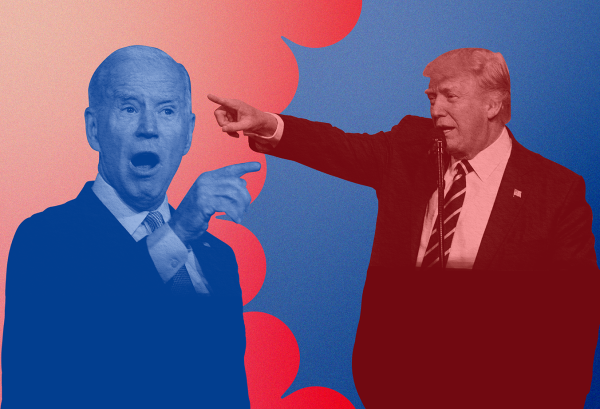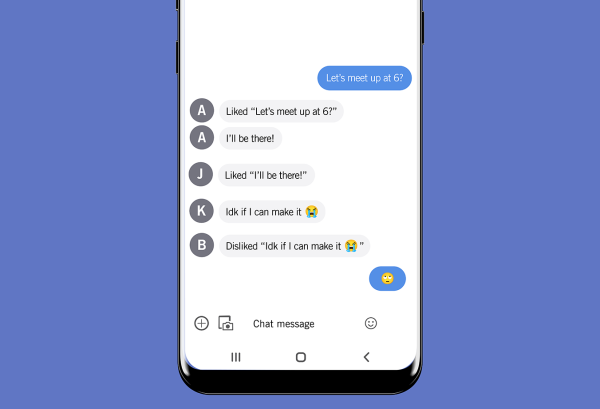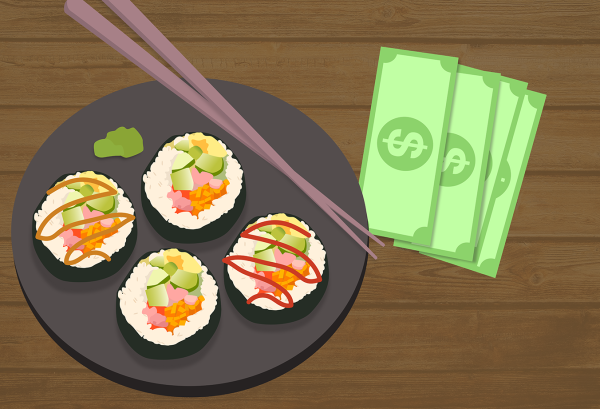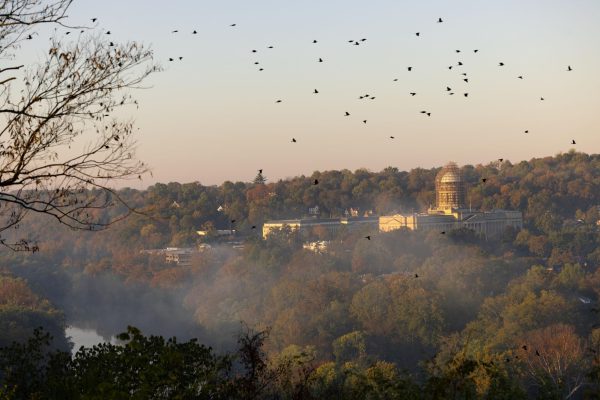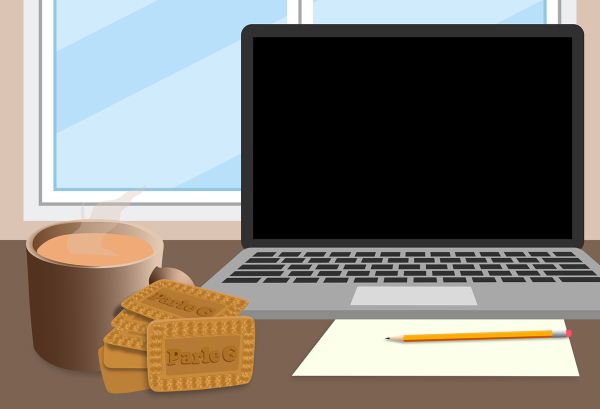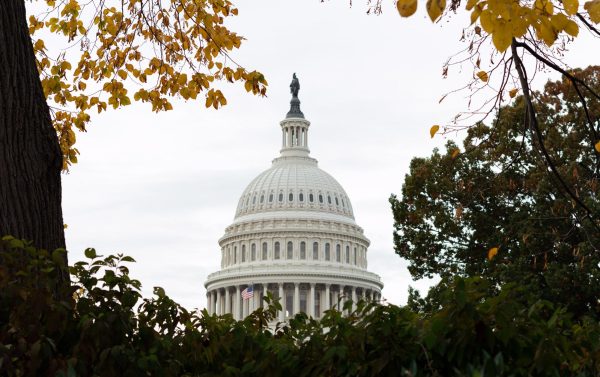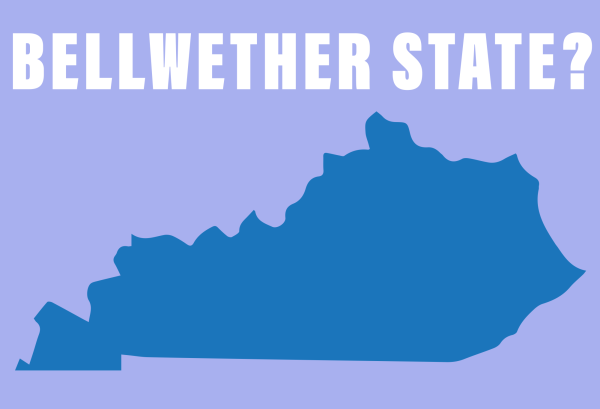What Ramadan means to a little Muslimina in a big Christian world
May 6, 2019
Ramadan Mubarak to all my Muslim brothers and sisters!
It’s that time of year again. Yes, it’s now summer break. The sun is shining, the weather is warm, and stressful classes are out of session for most students. For some, this month is the time for unwinding and doing whatever you want to do now that school is over.
But for me, and about a billion other Muslims, this month is about restraint and bettering ourselves—about being much more mindful.
Here’s a little religious lesson for those who don’t know what Ramadan is: Ramadan is the holiest month for Muslims—our holiday, if you will. It falls on the ninth month of the lunar calendar because that’s the month that the Quran was revealed. During this time, Muslims around the world are improving their faith and their righteousness as individuals through fulfilling (or trying to fulfill) the five pillars of Islam.
Most people are probably familiar with the pillar of fasting during Ramadan. We abstain from eating and drinking from sunrise to sunset; this teaches us how to empathize with and help the less fortunate who don’t have the luxury to eat on a regular basis like we do. We also abstain from bad habits this month in hopes that we carry these new, better habits into the rest of the year and our lives.
Now, let me write candidly. Ramadan is not something I always looked forward to when I was younger. Before I started fasting, it was a month spent dealing with hangry parents. When I first started fasting, it was a month of envying all the kids I grew up around who could eat to their heart’s content.
I think I had trouble connecting with Ramadan because I didn’t have many connections to the Muslim religion until recently. I grew up in a Christian town around a Christian family. You read that correctly. My parents are reverts, technically making me the only born Muslim in the family. The only other Muslims I knew were my best friend and her immediate family, and they were in the same boat as mine.
So, when I speak about Islam, I can’t speak for the whole religion because no one can speak for their whole community, and because I haven’t always felt like I was part of that community. For a long time, even now, I’ve felt like the odd one out because I wasn’t born into Islamic culture—that is, a culture that’s historically Muslim. It wasn’t until coming to UK that I met other Muslims my age in the Muslim Student Association (MSA), and even then I sometimes feel like I’m not a “good enough Muslim” to be one of them.
However, as I’ve grown older, Ramadan has become the month that I feel I truly do belong. I look forward to improving my faith, even though fasting can be trying. I love going to community iftars and trying foods from a variety of different cultures that I don’t typically have interactions with. And I don’t feel like an outlier because I know some of these people only come out for Ramadan, and they’re trying to improve themselves just like I am during this month.
To me, Ramadan is not only about bringing me closer to my faith but also about bringing me closer to those within the faith. I believe it’s the one time of year that everyone grows closer because we’re all going through the same experience, and I welcome this.
So, here’s some advice to all of my non-Muslims: Please be kind to your Muslim neighbors this month. It’s a blessed time as much as it is a trying time. And don’t be scared to ask questions or try to learn more about Ramadan or Islam. Just as we are welcoming to each other within the Muslim community, we also want to be welcoming to others. This month is all about improvement, and this goes for Muslims as much as anybody else.













































































































































